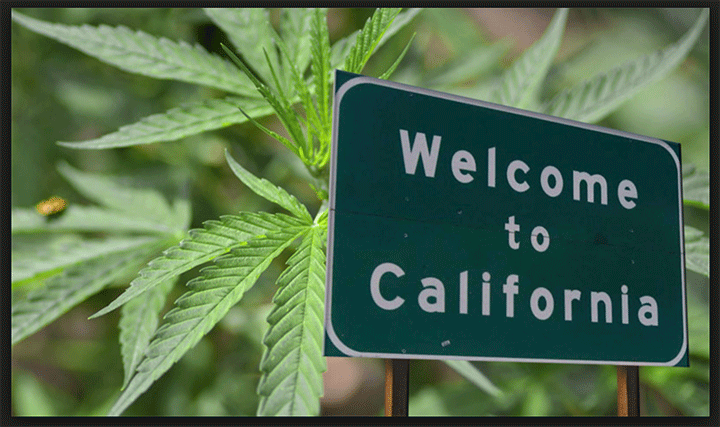California decriminalized marijuana In 1975 and later became the first state to legalize medical marijuana in 1996. However, it wouldn’t be until 2016 before voters would succeed in legalizing recreational marijuana with Prop 64, the Adult Use of Marijuana Act (AUMA) that would be implemented statewide by January 2018.
Recreational Marijuana is Legal, Now What?
- Adults 21 years and over with a government ID can possess, use, or give away up to one ounce of marijuana, and/or
- Grow six plants or less at home for personal use
- Order delivery to any physical address in any city that has authorized cannabis sales
Municipalities Can Limit Affects of Prop 64
Each city has the right to file restrictions or even ban cannabis-related businesses. The new list of infractions to be aware of related to Prop 64 is equally alarming. These new laws stand to generate a sizable sum for municipalities statewide.
Source: http://www.canorml.org/california_cannabis_laws
- DO NOT Ingest marijuana or marijuana products in any public place ($100 infraction). *Exception: local governments may permit on-site consumption at state-licensed premises in their jurisdiction.
- DO NOT Smoke or vaporize marijuana in any non-smoking area. Or within 1,000 feet of a school, daycare or youth center while children are present, except privately at a residence. ($250 infraction)
- DO NOT Consume edible marijuana products or possess an “open container” of marijuana. While driving or riding as a passenger in any motor vehicle, boat, or airplane ($250 fine). Exception: consumption by passengers may be permitted in commercial vehicles specifically licensed for such purposes without children present.
- DO NOT Possess or use marijuana on the grounds of a school, daycare or youth center while children are present. ($100 fine).
- DO NOT Manufacture concentrated cannabis with a volatile solvent (except for state-licensed manufacturers). Volatile solvents include explosive chemicals like butane but not ethyl alcohol.
- Delivery cannot be made to cities that have not authorized cannabis sales. Federal land and schools are off limits for delivery.
Understanding Marijuana Taxes
California has released tax guidelines for the sale of legal recreational marijuana:
- Recreational customers pay 15% excise tax, 5% local San Diego city cannabis tax, 7.75% California state sales tax
- Medicinal customers with a generic medical card from a marijuana doctor pay 15% excise tax and 7.75% state sales tax
- Medicinal customers with a state-issued MMIC card from the county department of health will only pay the 15% excise tax
- Licensed commercial growers must pay a cultivation tax of $9.25 per ounce on cannabis flowers (or $2.75 on leaf)
The Aftermath of Legalization
As of January 1, 2018 many businesses have folded, unable to comply with the new rules or pay the annual permit and licensing fees necessary to operate.
Those who survived had to remain creative and nimble to adjust to this temperamental industry. These marijuana business pioneers, like Dr. Raw Organics, now have an advantage that will help shape the legal recreational marijuana market in California. Also, the recreational users will become the first generation to partake legally, playing a major role in this political evolution.





